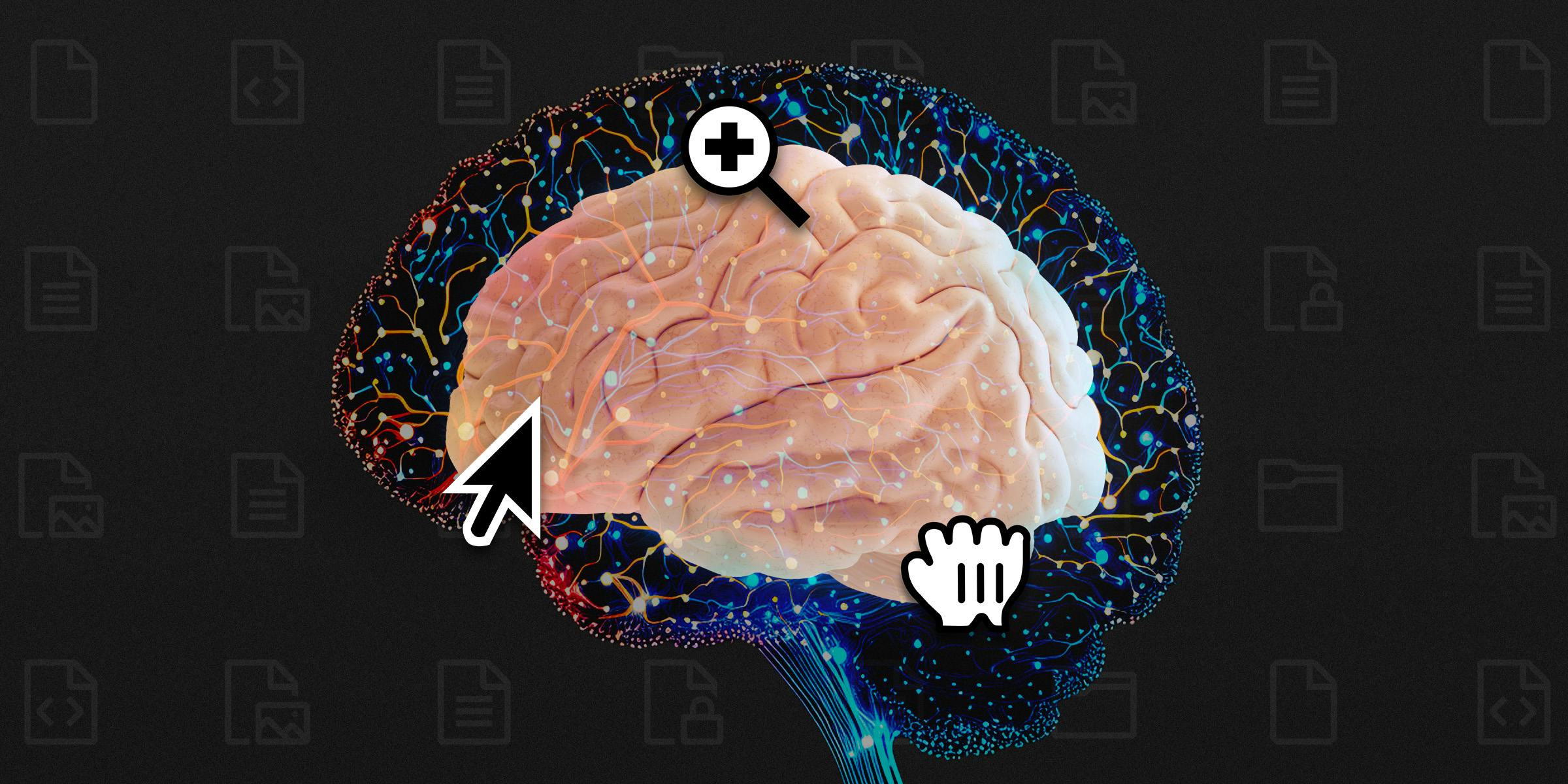Reconsidering the Role of AI: Valuing Process Over Output
jarango.com
Reconsidering the Role of AI: Valuing Process Over Output


Oliver Burkeman on what people who’d like to keep making a living from creativity should do in the face of AI:
... See more"For me, it means two things. First: that AI tools belong in my workflow only to the extent that they help me achieve the overarching goals of human connection. This is the Amish approach to technology: first, clarify your values; then adop


sari and added
Is that so bad? Isn't it common for skills to disappear when technology makes them obsolete? There aren't many blacksmiths left, and it doesn't seem to be a problem.
Yes, it's bad. The reason is something I mentioned earlier: writing is thinking. In fact there's a kind of thinking that can only be done by writing. You can't make this point better th
... See moreThis is one major reason I write; to continue to think, to process things. Sure, I use AI considerably in a lot of areas, like summarizing things, pulling out key points or to-dos, I even have it evaluate what I write, fix grammar, test the content to see if it is unique, cohesive, or compelling.
But, I don’t want to offload all of my thinking to AI and stop thinking. Similar to Paul’s point in the article, we used to get strong by working, now we workout to gain strength because working, in most cases, doesn’t provide this benefit for us.
I want to think and to think well. One of my favorite books this year is, “Clear Thinking” by Shane Parrish. I have invested a lot of time and energy into learning improve my thinking. It would be a shame to outsource it to token prediction algorithms.

Liana and added